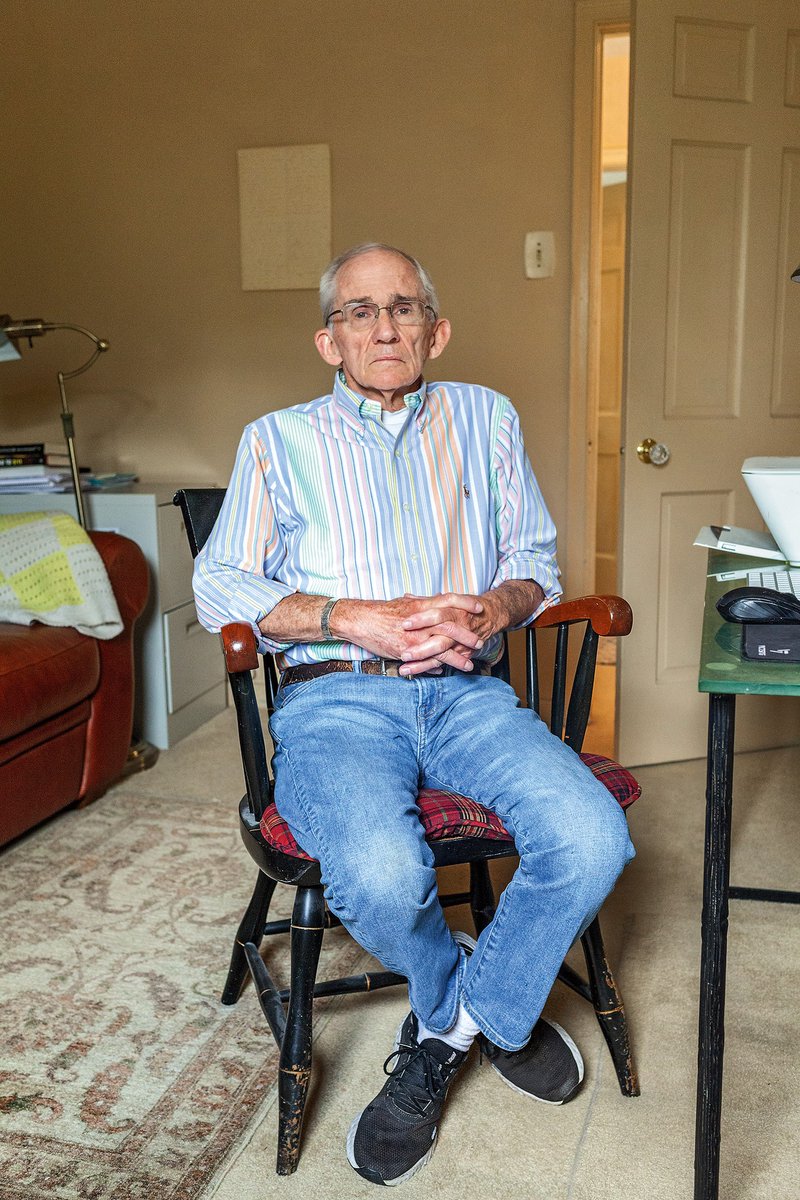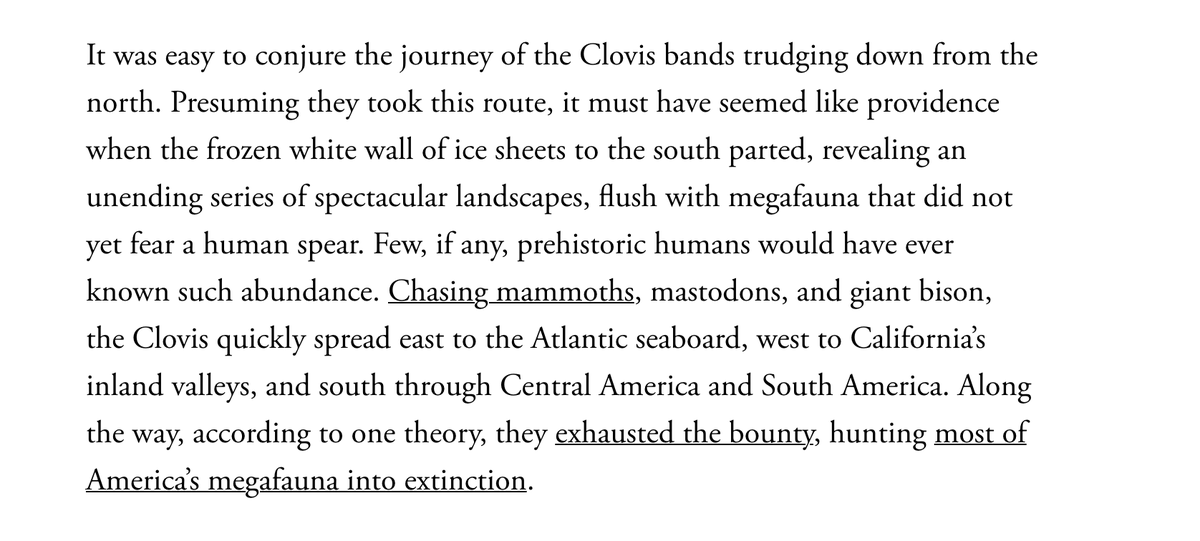
1/5 New technologies are making it easy for historical Black images to be manipulated—and raising questions about who owns the Black body, Latria Graham writes. theatlantic.com/ideas/archive/…
2/5 One example: MyHeritage, an online genealogy platform that uses an artificial-intelligence software called Deep Nostalgia. The site’s users can upload photos of long-deceased relatives to the website, which animates their ancestors with motions such as smiles and head turns.
3/5 “The site tells users that the software ‘is intended for nostalgic use, that is, to bring beloved ancestors back to life,’ and warns that it is not built for more nefarious purposes, such as creating ‘deep fakes’ of living people,” Graham reports.
5/5 “This technology spawns a series of questions,” Graham writes. “At a time when Black bodies are treated as teaching moments for the larger culture, are those whose bodies were broken … ever afforded the opportunity to rest in peace?” theatlantic.com/ideas/archive/…
• • •
Missing some Tweet in this thread? You can try to
force a refresh














